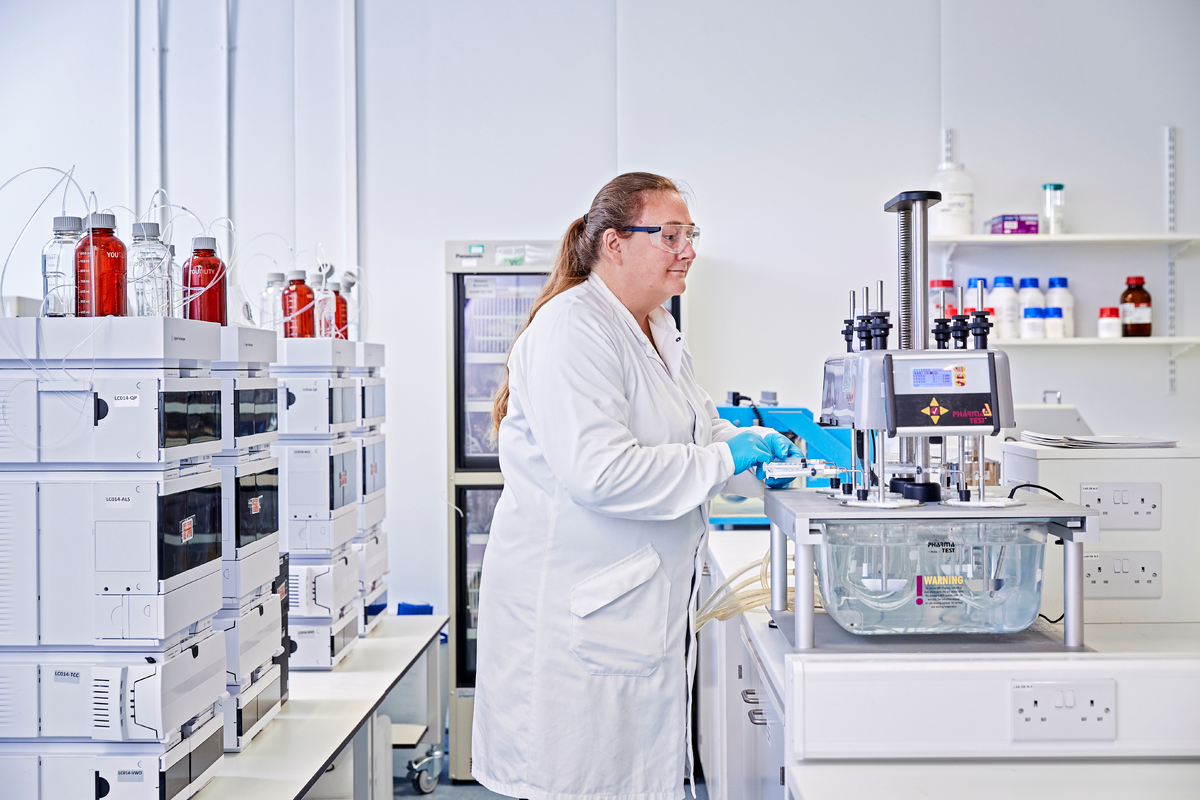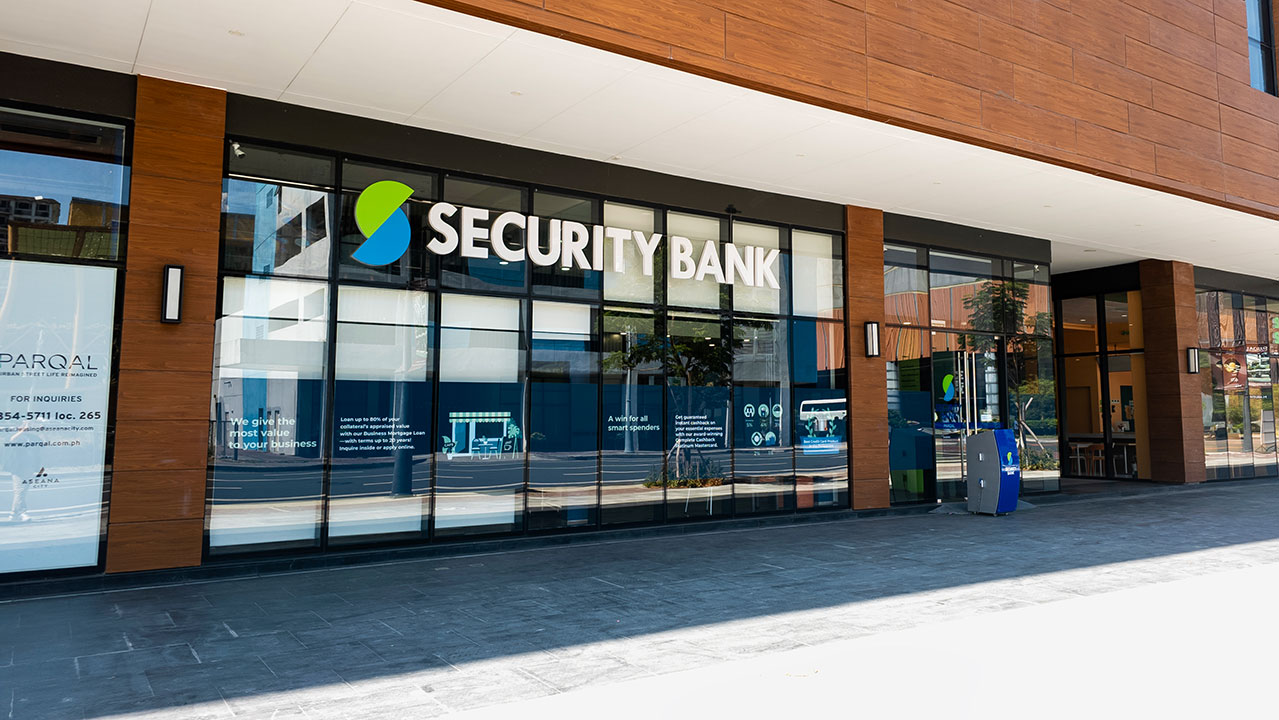By The Independent
Copyright independent

Quotient Sciences is a Business Reporter client
With a global client base ranging from emerging biotechnology organisations to Fortune 500 pharmaceutical companies, Quotient Sciences offers a compelling solution for innovators seeking speed, efficiency and quality in bringing new therapies to patients.
For 35 years and with operations in the UK and the US, Quotient Sciences has worked on hundreds of products used to treat conditions ranging from cancer to rare diseases. As a contract research, development and manufacturing organisation (CRDMO), the company specialises in the early clinical research and development of drug products for clinical trials and prescription medicines.
Bringing a molecule to market is a complex, costly and high-risk journey. A drug must go through clinical research and approval by regulatory agencies, such as the United Kingdom Medicines and Healthcare products Regulatory Agency (UK MHRA) or United States Food and Drug Administration (US FDA).
A new drug is first tested in humans during Phase I trials; these address safety and dose, typically in healthy volunteers. If the drug passes Phase I successfully, the next step is to test how effective it is in patients. A few hundred participants may be involved in Phase II trials.
It is common for the drug product, or formulation, to change during the stages of clinical trials. This helps ensure the right amount of drug reaches the target areas of the body at the right time, giving the drug the best chance of being effective.
If a new drug achieves “proof of concept” in Phase II trials, large multi-year Phase III studies can proceed. These are performed in thousands of patients, to assess the effectiveness of the new drug in a large population and watch for any side effects.
Failure can happen at any point: an estimated 90 per cent of drugs in clinical trials do not progress to market.[1]
Given all that can go wrong, a pharma/biotech company must choose an experienced partner to work with. Quotient Sciences uses decades of experience to avoid challenges and increase the chances of a new drug reaching the market.
“When clients work with us, they access a team that has collectively worked on thousands of new molecules,” says Thierry Van Nieuwenhove, Chief Executive Officer at Quotient Sciences. “Experts from different functions are brought together for every project. We consistently hear from clients how much they appreciate input from such a diverse team to advance programs and make more informed decisions.”
Quotient Sciences’ global headquarters in Nottingham is one of the largest clinical pharmacology units in Europe. Each year, thousands of healthy volunteers contribute to advancing healthcare by taking part in clinical studies in Nottingham and at the company’s facility in Miami. Data sciences activities to support clinical development are supported by the company’s office in Edinburgh.
The company is also actively building a network of academic and commercial collaborators in the UK and US to fast-track new drugs to patient studies. By bridging the gap between Phase I and Phase II trials, Quotient Sciences can better help clients efficiently reach pivotal milestones. This is important for companies seeking continued investment – and for patients waiting for treatment.
As the new drug passes through each phase, Quotient Sciences helps clients refine their products, answering key questions about the drug’s dosage, format (such as whether the drug will be given as a tablet, capsule or injection), and the manufacturing steps. Ensuring a drug can be manufactured at scale, while still adhering to quality and regulatory standards from different regions, is paramount.
The company has manufactured and shipped drug products to clinical sites in more than 180 countries, where larger-scale patient trials have been conducted. Additionally, eight commercially approved drugs are currently being manufactured at Quotient Sciences’ Philadelphia facility, including an FDA-approved therapy for paediatric cancer.
Normally, pharma/biotech companies must source services for drug manufacturing and clinical development from across a group of different providers. This results in inefficiencies, extended timelines and supplier management challenges.
Integration is key to Quotient Sciences’ model: the company can remove inefficiencies and delays by uniting services with its platform, Translational Pharmaceutics®. Translational Pharmaceutics® has been used globally for almost two decades and on over 500 drug molecules, including programs with many of the world’s largest pharma companies.
The result: a faster and more reliable process that helps clients realise the full potential of their therapies.
“I’m fully engaged in making sure Quotient Sciences keeps innovation at the centre of attention,” says Van Nieuwenhove. “This has made the company unique in the market for more than three decades.”
The needs of pharmaceutical innovators are as varied as the medicines they create. Quotient Sciences not only helps address complex challenges but does so while keeping clients’ goals top of mind. A culture that includes scientific rigor and operational excellence, combined with agility and partnership, positions Quotient Sciences as a strategic partner.
“We’ve worked with organisations that know they will own their molecule throughout its lifecycle. Other clients know from the beginning that they plan to out-licence or sell their asset when it reaches a value inflexion point,” explains Van Nieuwenhove. “It’s important to understand the customer and what they have in mind for the future.”
As the industry faces challenges of increased molecule complexity, supply chain pressures and demand for improved treatments, the need for agile drug development has never been greater. The UK government’s Life Sciences Sector Plan sets out a bold strategy to make the UK the leading life sciences economy in Europe by 2030 and third globally by 2035.
Quotient Sciences’ commitment to innovation makes it a vital partner in translating the UK’s scientific excellence into real-world health and economic impact, especially as the sector continues to embrace digital transformation and new applications of artificial intelligence.
“Our business focus directly supports aspects of the Life Sciences Sector Plan to improve clinical trials and drive faster adoption of new therapies. We’re uniquely positioned to help deliver on this vision,” says Van Nieuwenhove.
The ultimate measure of success is the impact on patient lives. Whether supporting a first-in-class therapy for a rare disease or ensuring uninterrupted supply of an essential paediatrics medicine, Quotient Sciences stays focused on outcomes that matter.
“Every project is driven by the knowledge that behind each molecule lies the potential to transform health,” says Van Nieuwenhove. “Our culture is built on collaboration, learning, science and agility. These are core to meet our mission of bringing molecules to cures, fast.”
Learn more about Quotient Sciences by visiting quotientsciences.com.
Follow Quotient Sciences on social media channels:
[1] Sun D, Gao W, Hu H, Zhou S. Why 90% of clinical drug development fails and how to improve it? Acta Pharm Sin B. 2022 Jul;12(7):3049-3062. doi: 10.1016/j.apsb.2022.02.002. Epub 2022 Feb 11. PMID: 35865092; PMCID: PMC9293739.



